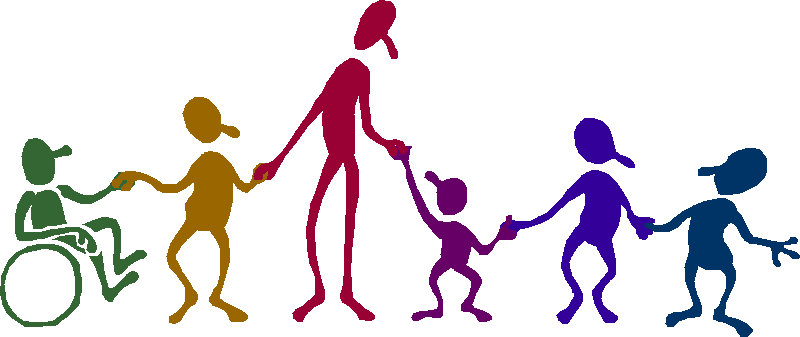The Special Olympics - Changing Views
- Josey Jagielo
- Oct 13, 2015
- 3 min read
People with disabilities are often looked down upon and seen to be less capable of performing activities than people without disabilities. In many cultures, being disabled is seen as a curse and people with disabilities are often stored away from society. Over the past few decades, the level of awareness has increased of individuals with special needs, but it is still not where it should be. There has been many movements made to shine light to this problem, and many of them have been successful. One contributing movement in enhancing the positive outlook on people with disabilities has been the Special Olympics since 1968. This movement is about highlighting the positive and promoting equality. Our campaign is to bring to light this movement and to show people that people with special needs can, in fact, do anything they put their minds to.
The Special Olympics started in 1960s all because of the work of a woman named Eunice Kennedy Shriver. She was compelled to stand up for people with disabilities because she wanted to help them have a voice and give them the chance to do things they wouldn’t have had the opportunity to do otherwise. The first Special Olympics were held in Chicago with 1,000 participants. Shriver had no idea that this small get-together would group leaps and bounds, and spread across the globe. Now, the Special Olympics have 6,500 participants, but also thousands upon thousand of volunteers and spectators. Moreover, mini Special Olympics have been and still are organized in cities and suburbs all over the world. These teenagers and adults train to be a part of something that helps change the way people on the outside perceive them. Seeing him or her as strong, willing, and determined individuals, which is not so different from every other person in the world. The Special Olympics is all about inclusion and strives to be a place of community for all of the athletes, family members, staff, coaches, and volunteers.
The Special Olympics include a lot of the sports and activities that are in the Summer Olympics that occur every four years, such as swimming, gymnastics, volleyball, and many, many more. Just like the regular Olympics, the Special Olympics is a time where athletes can shine and prosper. They go and compete to show off their talents and strengths that they identify with. To these kids and adults, the Olympics are not to dwell on what they cannot do, but to focus on what they can do and be successful at it. The Special Olympics provides a bridge between individuals with and without disabilities by demonstrating how similar both groups are. This bridge continues to stand after the games; whether or not they have a disability, people realize they can enjoy the same sports and play together.
Just like any other athlete, Special Olympic athletes have to practice and train their bodies to be ready for the games. One swimmer named Abdel-Raman from Saudi Arabia had to do just that. He has intellectual disabilities and is partially paralyzed. Despite all of this, he did not let anything hold him back; he went from not being able to hold his breath long enough to going on to win 25 and 50-meter swimming races in the Special Olympics (Special Olympics, 2015).
After competing in the World Games, athletes are welcomed back to their cities, towns, or villages with open arms. Often times athletes are celebrated and honored for their achievements during the Games. In one case, a young woman was pushed aside and isolated from her community, but once she competed in the games and represented her country, Samoa, she was seen in a new way. This video demonstrates the positive effects the Special Olympic games have on many athletes.
Our campaign’s main goal is to provide awareness and bring to light a subject that many people do not know or do not talk about. Ignorance is one of the main factors contributing to the negativity surrounding people with disabilities. There are many stereotypes that harness negative perceptions about people who are not typical. Many people do not understand, therefore they act inappropriately when interacting with someone who has a disability. This campaign hopes to eliminate the ignorance surrounding certain individuals and the misconceptions surrounding them. The Special Olympics redefines what it means to be an athlete. It shows the world that a person is a person by separating identity from disability.
Works Cited
"Our Athletes." Special Olympics. Special Olympics, 2015. Web.




















Comments